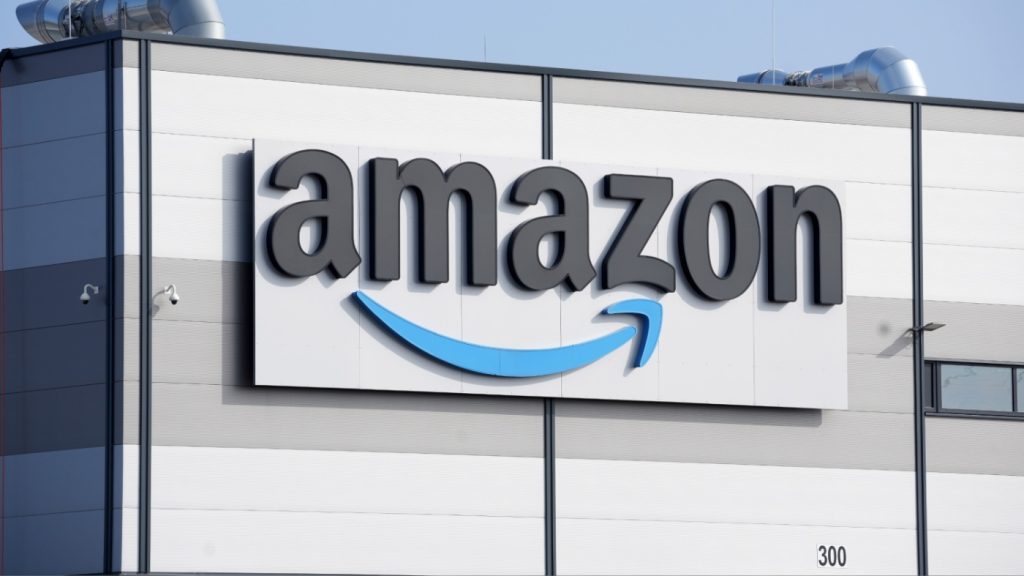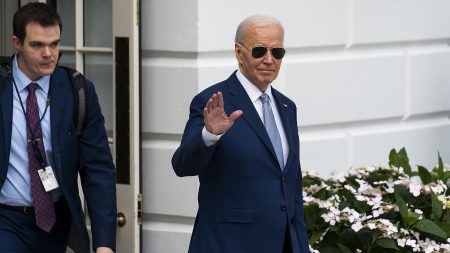The Wisconsin Supreme Court has confirmed that some Amazon delivery drivers are workers, not independent contractors as the e-commerce company argued.
The court's decision was unanimous. The decision was made on Tuesday.The court rejected Amazon's appeal and said it was a mistake to even consider it. The case was dismissed because the court believes it should never have been accepted. The court found that there was no need to review the case further.
Justice Ann Walsh Bradley, in a supporting opinion, stated that the court's review of the case will not bring about any new developments in the law.
The ruling from the state's highest court maintains the decision made in 2023 by the Wisconsin appeals court against Amazon. This decision found that drivers in the Amazon Flex program are covered by the state's unemployment insurance system and can receive jobless pay if they are laid off. The Associated Press reported that the lower court concluded that drivers in the Amazon Flex program are considered employees and not independent contractors. The Amazon Flex program uses a smartphone app to arrange package deliveries made by individual drivers who use their own vehicles.
The In 2018, the Wisconsin Department of Workforce Development audited delivery drivers and found that almost all of them qualified as "employees" of Amazon Logistics for unemployment insurance tax purposes. This was mentioned in court documents.
According to court filings, the Department found that Amazon Logistics owed over $205,000 in unemployment insurance taxes, penalties, and interest to the state.
The Wisconsin Labor and Industry Review Commission upheld the department's argument that the drivers were employees, which led to Amazon Logistics suing in Waukesha County, Kan., circuit court.
A judge initially ruled that the drivers were independent contractors, but the Wisconsin Court of Appeals overturned the ruling last year, leading to the battle at the state Supreme Court.
Amazon spokesperson Steve Kelly expressed disappointment with the high court's decision.
Kelly stated, "We hear from most of the Amazon Flex delivery partners that they love the flexibility of the program, and we're proud of the work they do on behalf of customers every day. We're disappointed that the Wisconsin Supreme Court declined to weigh in and provide much needed guidance on these matters and are determining our next steps."
The ruling is seen as a win for labor unions in Wisconsin and the Department of Workforce, who pushed for Amazon Flex drivers to be acknowledged as employees.
Wisconsin AFL-CIO President Stephanie Bloomingdale said, "This [the ruling] means that Amazon Flex drivers are due additional rights and benefits including access to unemployment compensation." This statement was made on Tuesday. Bloomingdale added, "Far too often, especially in the emerging gig economy, big and powerful companies like Amazon use the misclassification of employees as independent contractors to deny working people essential workplace rights like minimum wages, overtime pay, and unemployment insurance."









